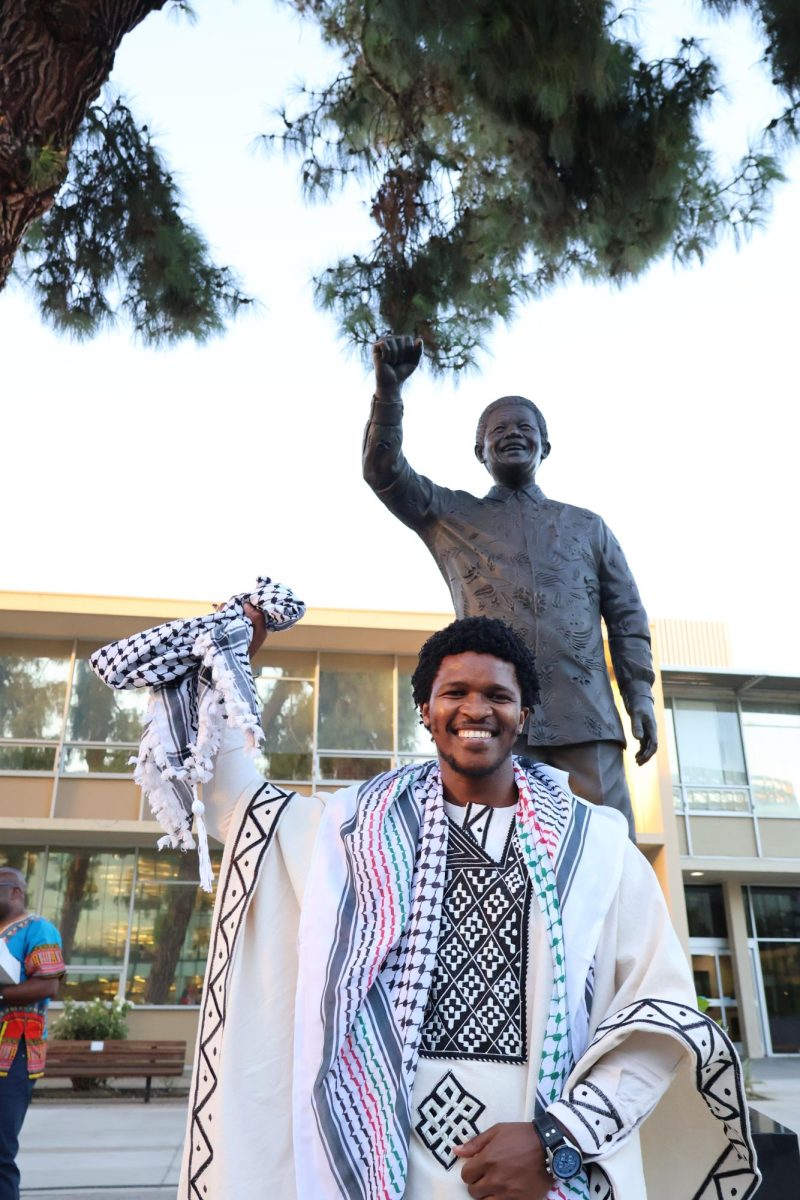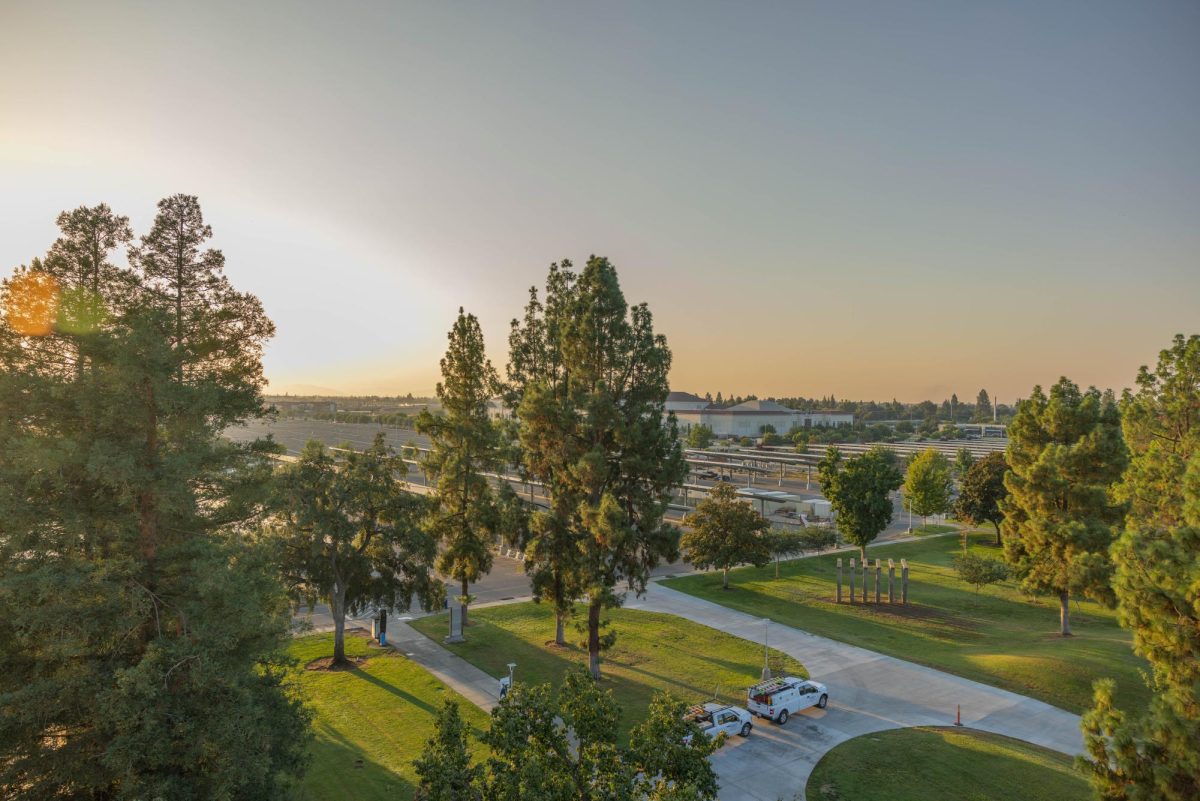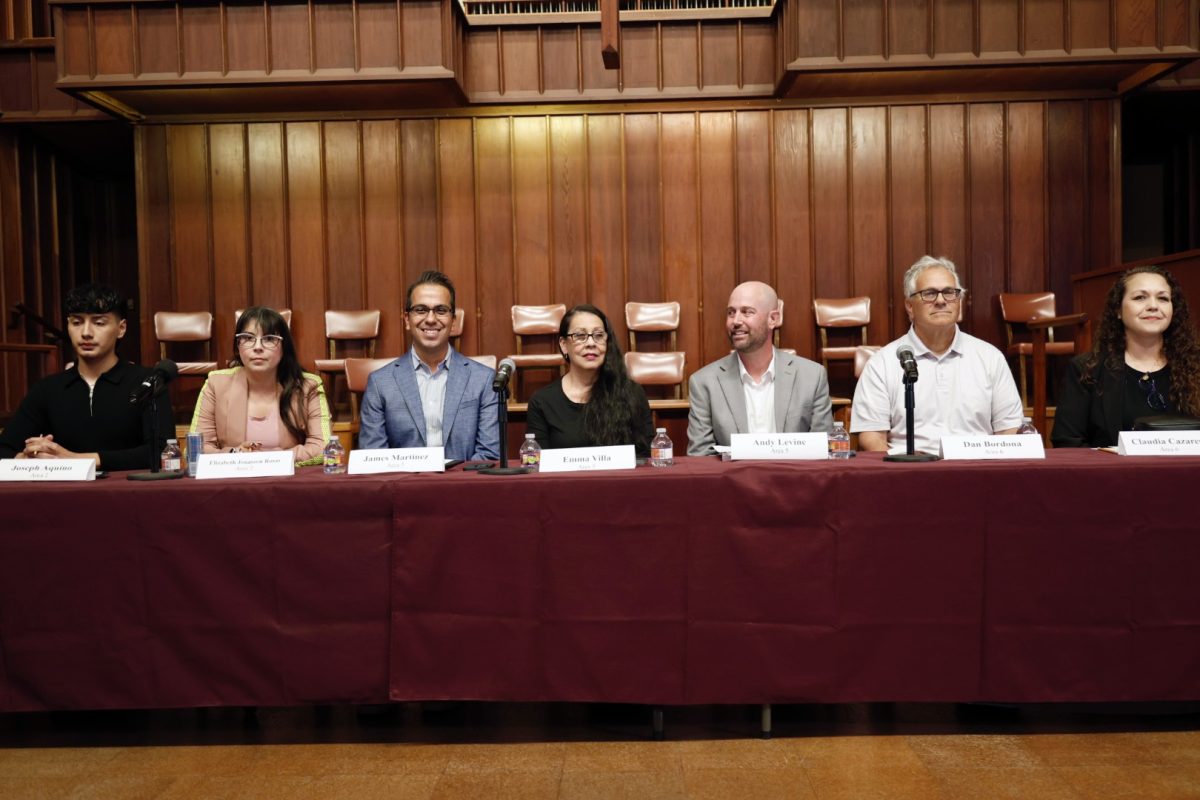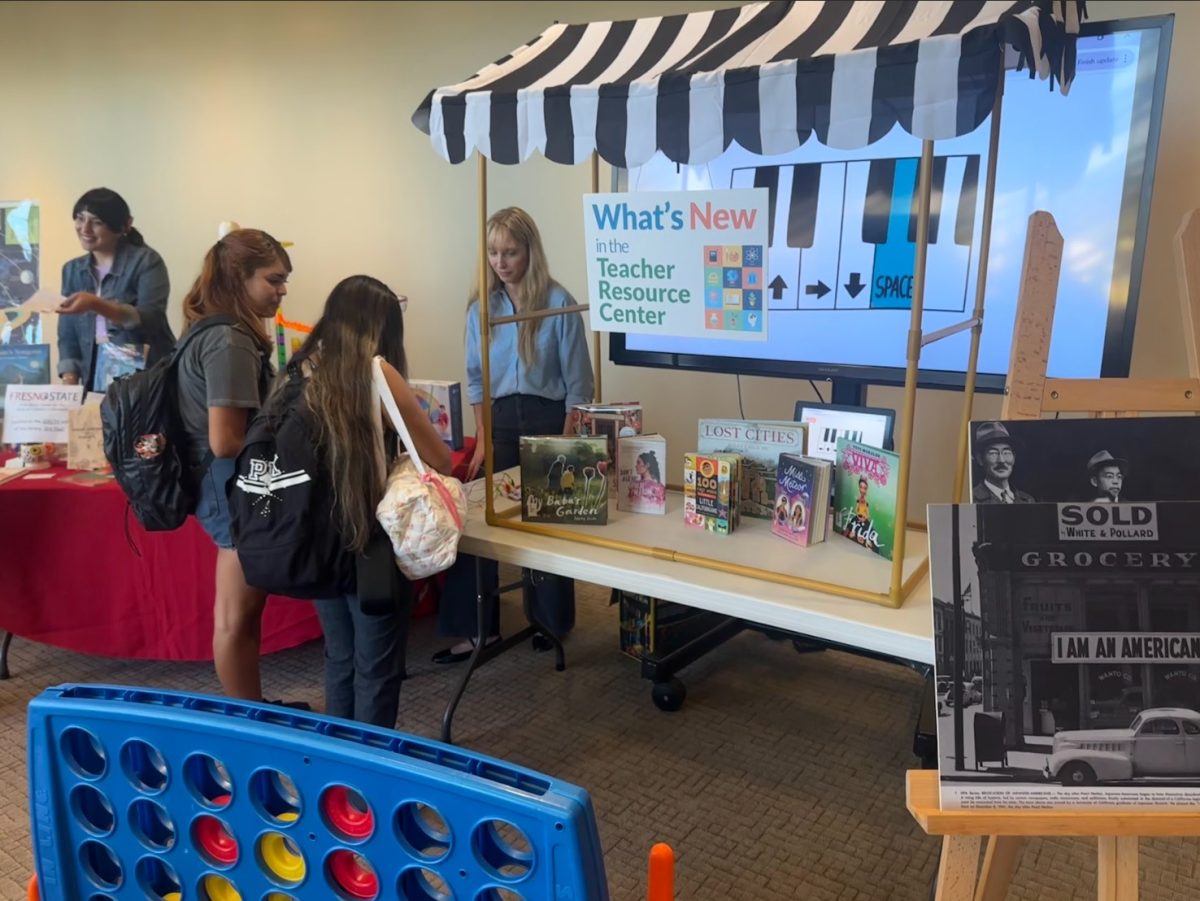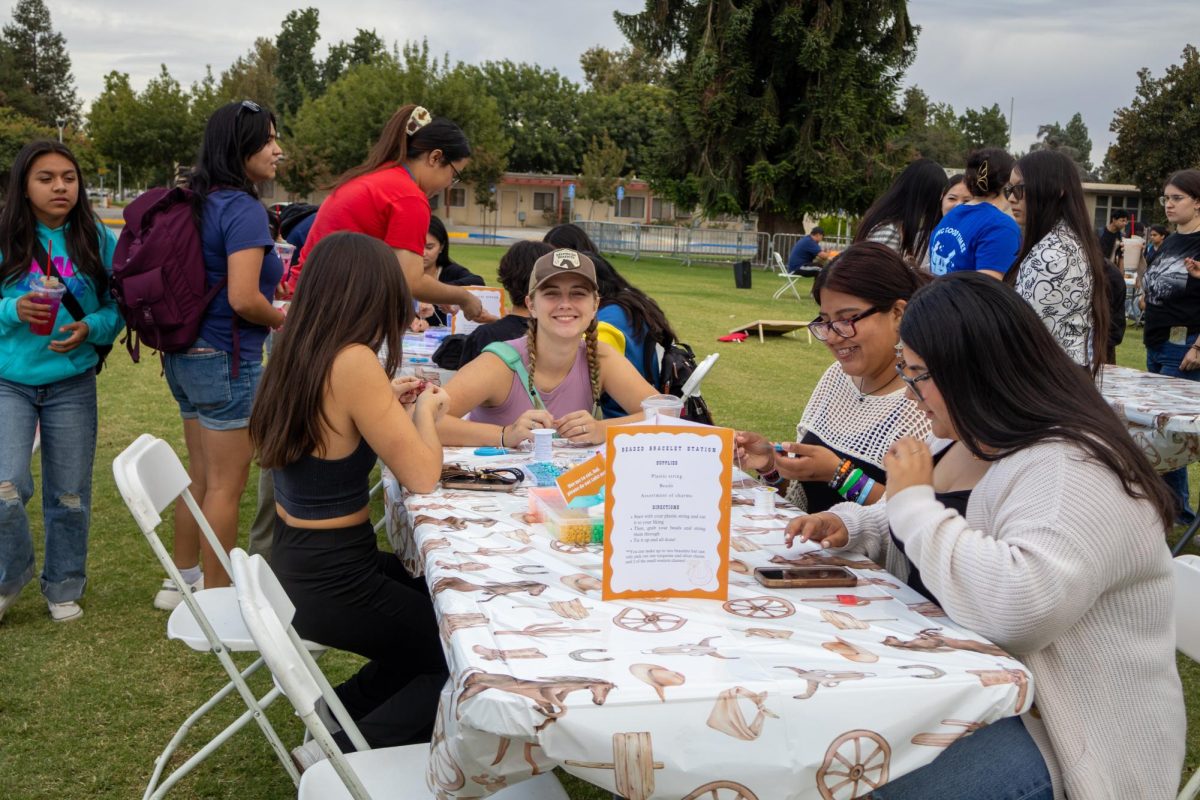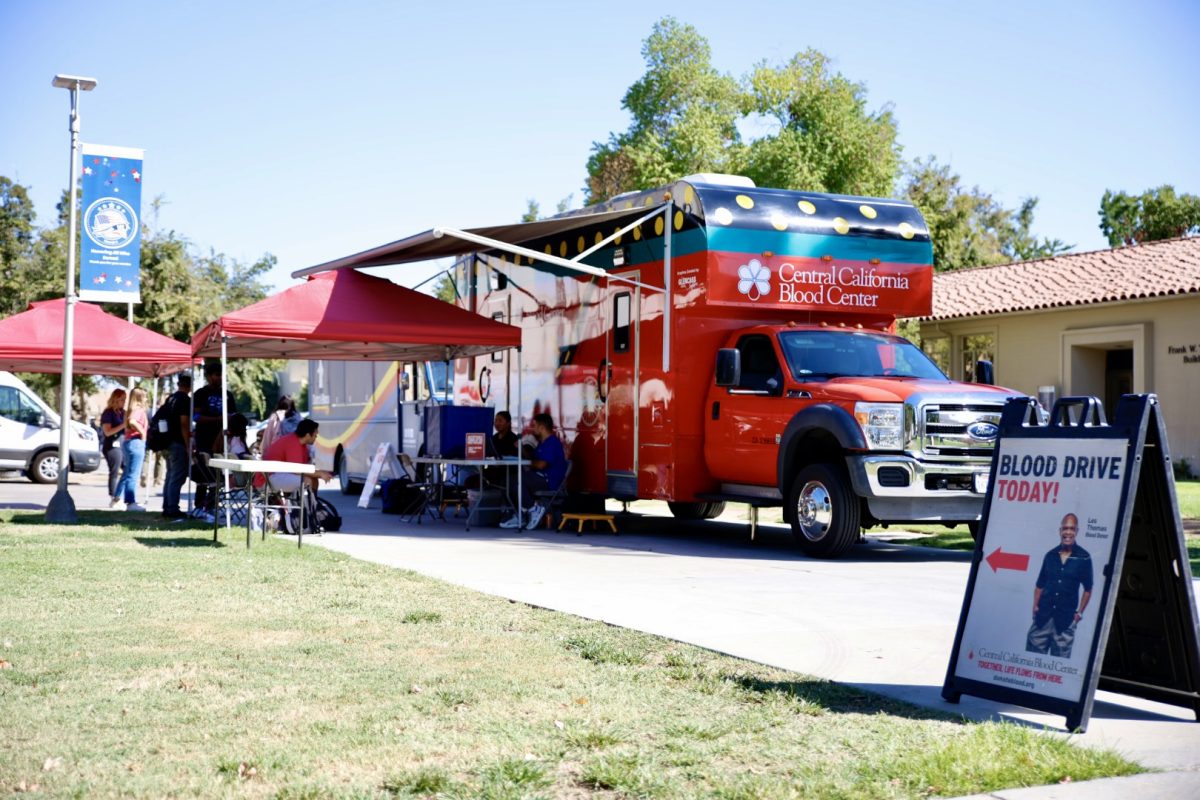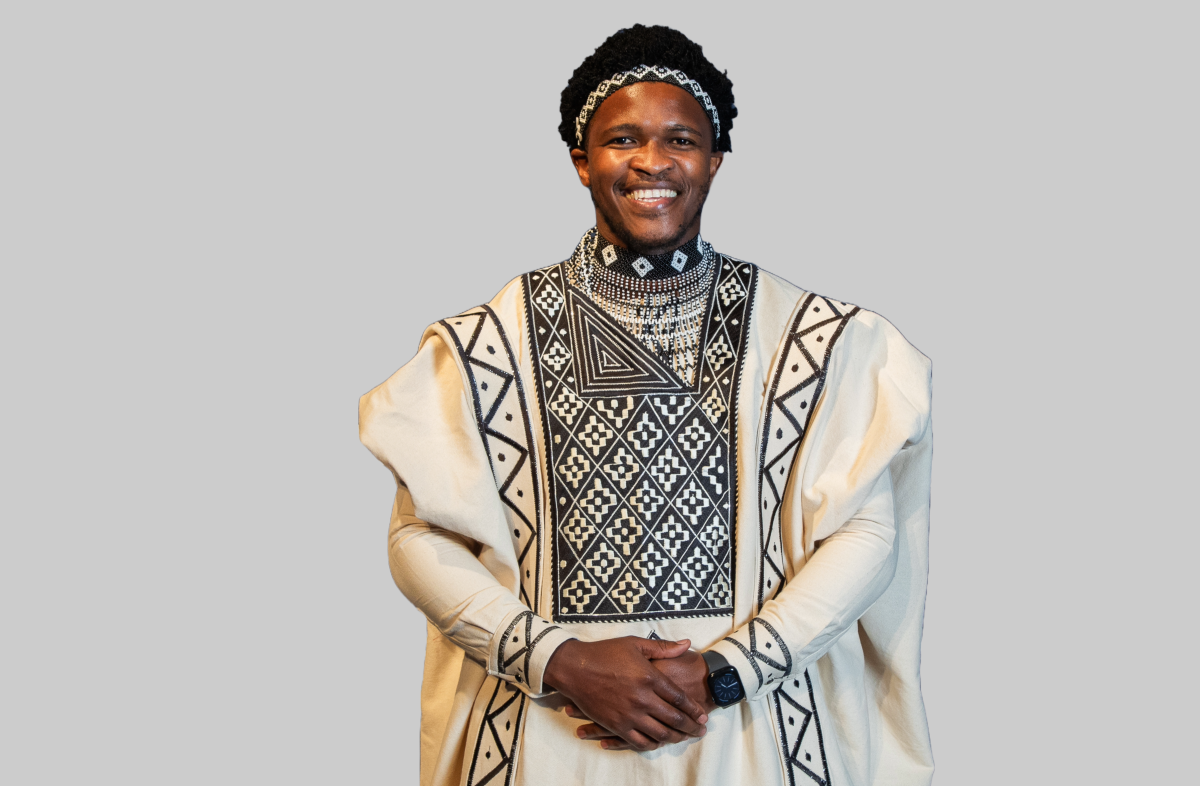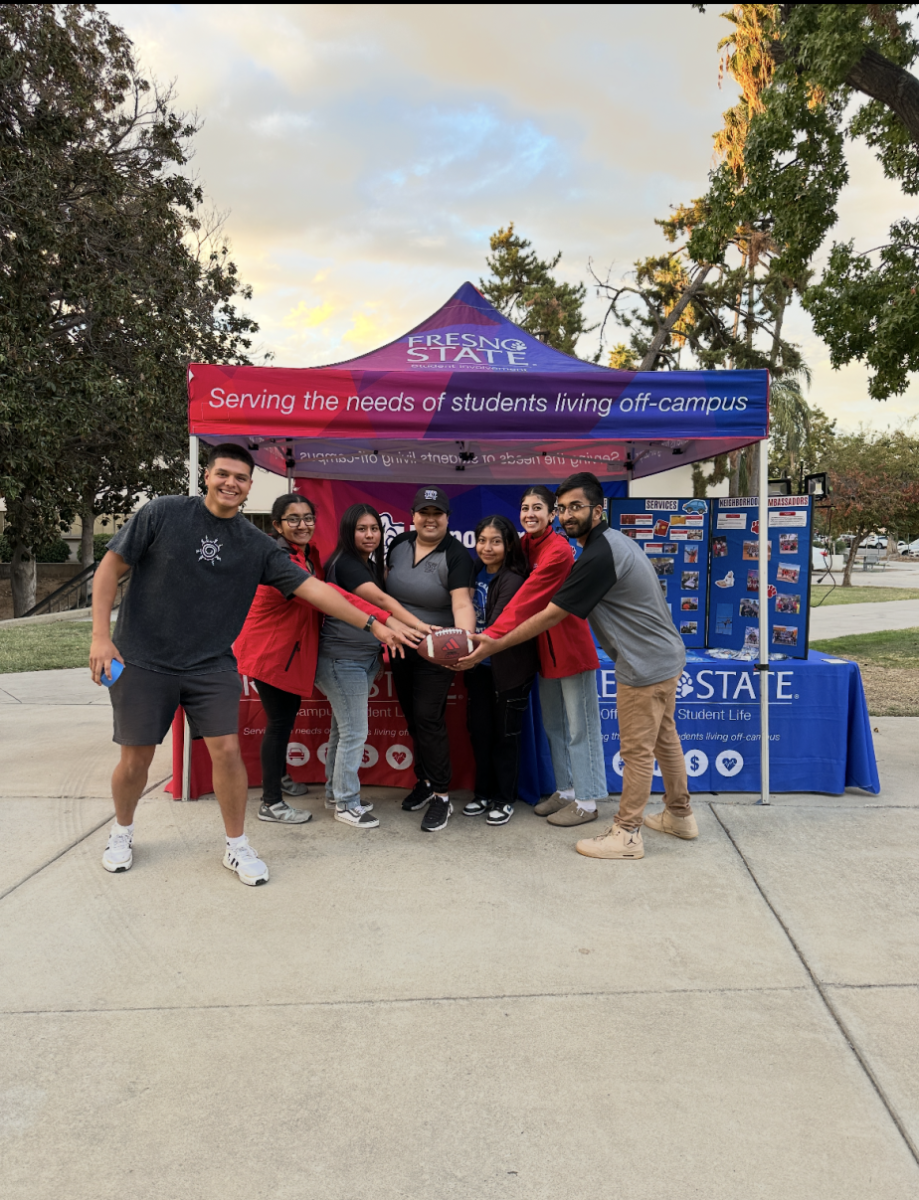On Feb. 11, 1990, Nelson Mandela was released from prison after 27 years for sabotage and violent conspiracy to overthrow the South African government. After Mandela was released by Frederik Willem de Klerk, the president of South Africa at the time, negotiations for dismantling apartheid, a system of racial segregation, began all in the name of inclusive dialogue.
This was the prime focus of the discussion between Siyabulela Mandela, great-grandson of Nelson Mandela, and Faith Van Hoven, Associated Students, Inc. president on Friday, Sept. 15, in the Peters Business building Room 191.
Siyabulela began by discussing the importance of diversity in settings such as businesses, companies, government and education, and how it’s needed to succeed.
“If there is no diversity, if the views that are held in that particular structure or that particular institution, and that particular society does not reflect that needs to be in that community, then that society is doomed to fail,” Siyabulela said.
As an example, Siyabulela brought up South Africa and its struggle with apartheid. Even when Nelson was in prison, he was still pushing for talks with the government to end apartheid and as a result this gained global recognition. The whole world rallied with Nelson and because of this pressure, he was released and talks of ending apartheid began.
Siyabulela emphasized that if South Africa had engaged in this conversation sooner, it would be thriving even more as a country than it is today and that this proves the large amount of influence diversity has.
“If the apartheid regime actually enabled dialogue 100 years back, South Africa would be far ahead as a country today,” Siyabulela said. “That to us should expose, as an international community, that there’s actually strength in our diversity, and more importantly, if you’re talking about dialogue, inclusive dialogue is actually the answer to the problems that confront our society.”
Siyabulela then underlined the need for the United States to engage in inclusive dialogue to heal and move on from the past to reconnect leaders and the people.
“That lack of connection between the leaders and the people is one of the contributing factors to the anger that you find in spaces in the United States,” Siyabulela said.
Siyabulela added that the lack of a proper outlet for citizens to engage in inclusive dialogue is the main cause of people’s pent-up anger and he touched on his experience with this during his time in university in the United States.
“I have never been in an academic setting where people are able to insult each other the way they do in the United States,” Siyabulela said. “It’s the fact that people have so much anger inside of them, and they’ve never been given a platform to engage in discussion.”
Van Hoven raised the point of how people can have dialogue that’s both inclusive and productive and how they can take action from that dialogue.
Siyabulela chimed in, adding that those who have opposing viewpoints should be added to that dialogue to meet at a middle ground.
“We ought to bring even the people that you disagree with,” Siyabulela said. “Let it be the battle of ideas. Let it be that we engage in a debate and in a dialogue and we compromise. Those are the essential prerequisites of any dialogue.”




